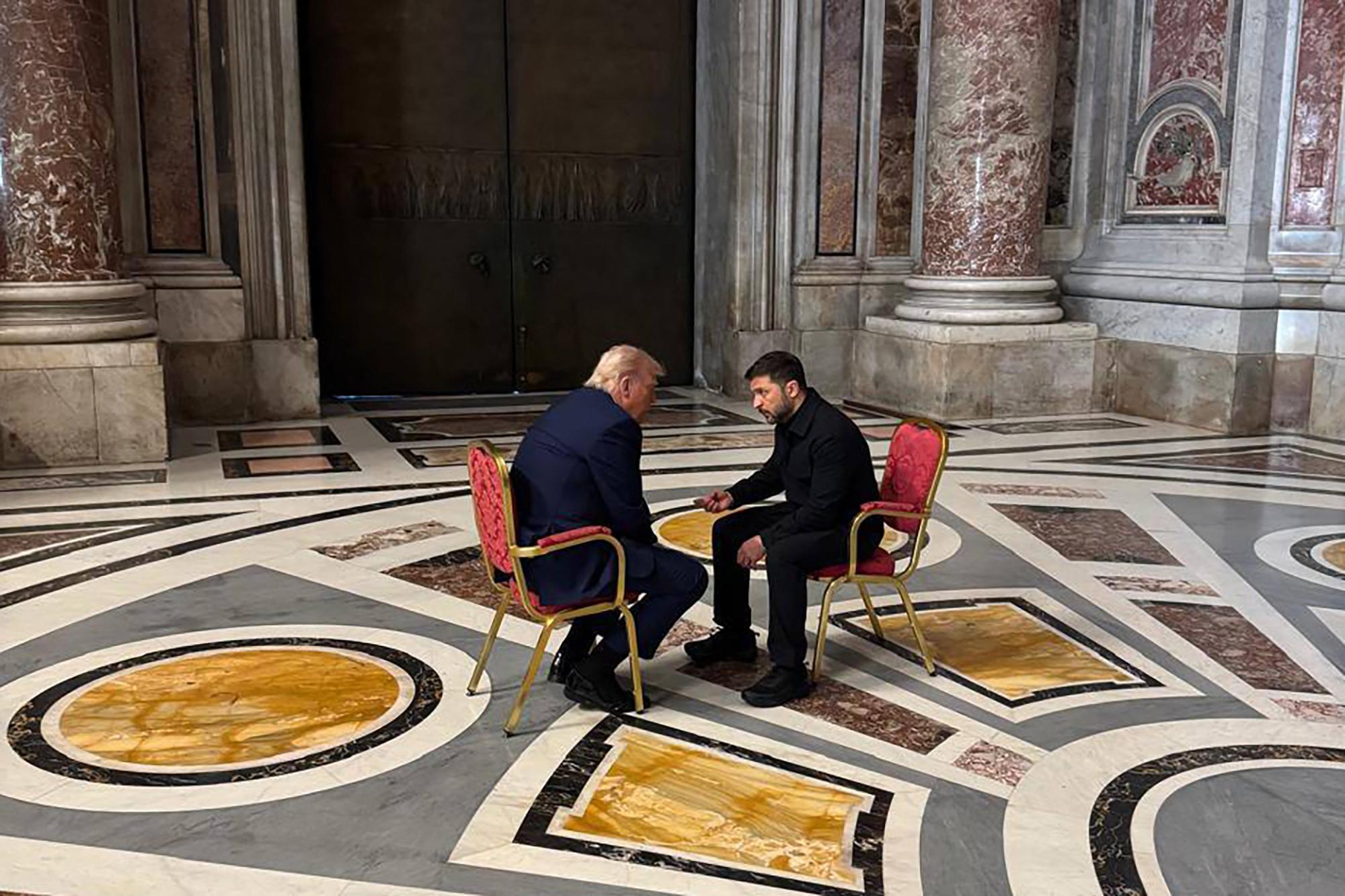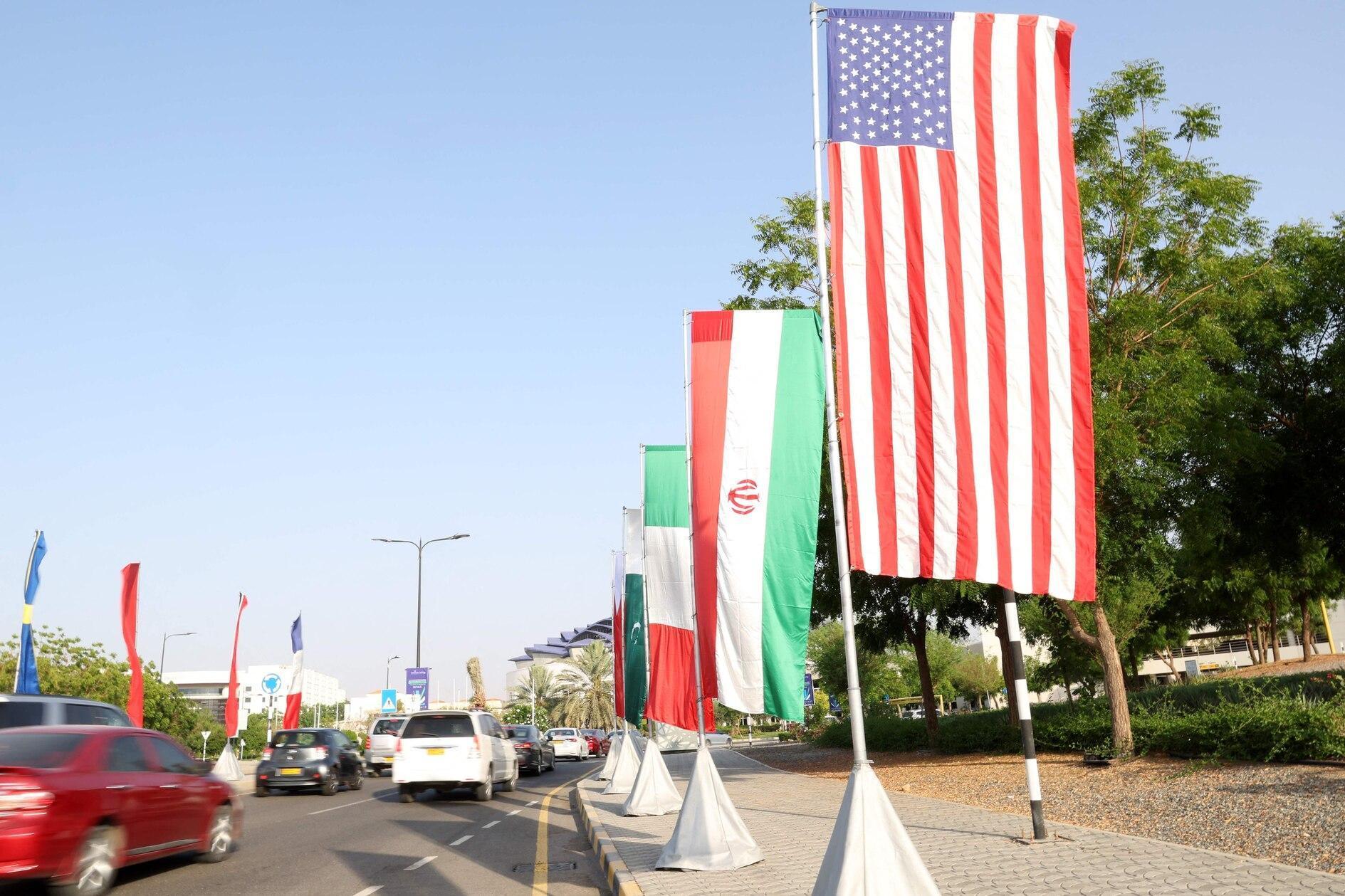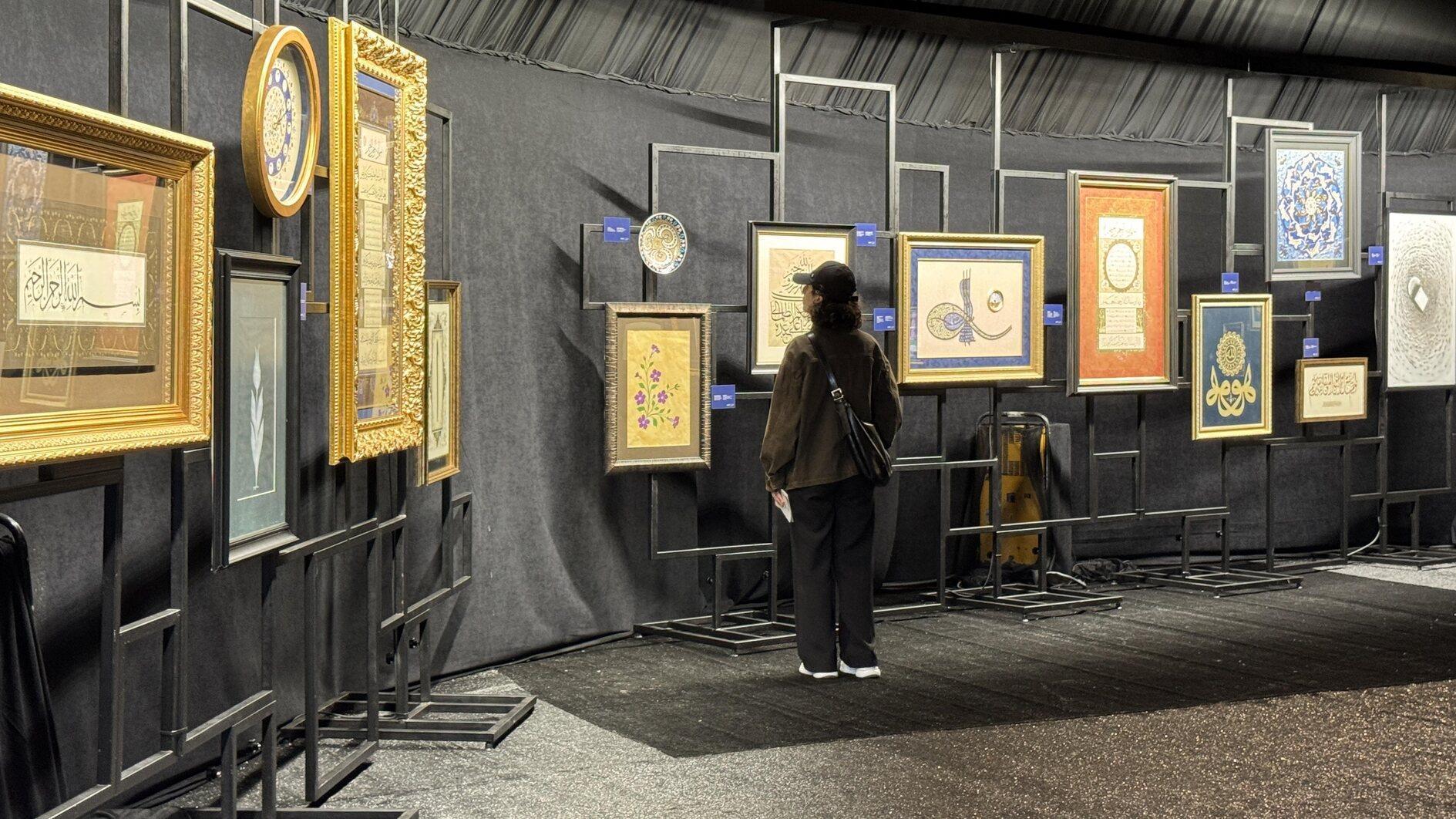Turkey facing regional criticism
The ruling Justice and Development Party (AKP) is facing foreign policy dilemmas that were not factored in during the heady days of Foreign Minister Davutoğlu’s “zero problems with neighbors” policy. Voices are being raised in the Middle East now showing that not everyone is happy about an assertively patronizing Turkey.
Influential figures in the Middle East have also started accusing Ankara of “meddling in the internal affairs of others” and referring to this as “unacceptable.” Remarks by Iraqi Prime Minister Nouri al-Maliki to the U.S. media on Turkey during his visit to Washington last week provided a case in point.
Talking to the Wall Street Journal, al-Maliki lauded the fact that economic ties with Turkey were increasing, but bemoaned what he said was Ankara’s interference in his country’s affairs. Al-Maliki was also quoted by the Turkish press, which quoted the Arab media in turn, saying he was more concerned about Turkey’s interventions in the region than any threat from Iran.
Al-Maliki’s remarks can also be seen in the light of the growing tensions in the region between Sunnis and Shiites/Alawites. It has been apparent for some time that the Iraqi prime minister, himself a Shiite, is not too pleased about Ankara’s Syrian policy and is in line with Iran on this.
As for Iran, it is obvious that something has changed in Turkey’s ties with this country, which appeared so excellent only a year ago. Turkey’s Syria policy and its decision to host the radar facilities of NATO’s U.S.-led missile defense system – clearly aimed at Iran – seem to have changed all that.
Since then, voices have increased in Iran accusing Ankara of not only being a “U.S. lackey,” but also of trying to export “liberal Islam” as well as its secular system to a region, which it has claimed is neither suited for, nor willing to accept these. In the meantime senior Iranian military officials have threatened to target NATO’s radar systems in Turkey in the event of any attack on Iran.
Ankara’s diplomatic intervention after these statements forced a rebuttal from Iranian Foreign Minister Ali Akbar Salehi. But Salehi’s conciliatory remarks could not shroud the fact that emotions are simmering against Turkey among Iranian radicals.
But the growing sectarian divide is not the only factor causing problems for Ankara in the region. A report in the Turkish media last week, based on information from sources in Brussels, indicated that it was in fact the Arab League Secretary-General Nabil al-Arabi who prevented Turkey from attending the recent meeting of EU and Arab foreign ministers, and not Greek Cyprus as was reported.
Milliyet’s Aslı Aydıntaşbaş, who is generally well-sourced, wrote that al-Arabi’s argument was that the “Arabs should speak with one voice” at that meeting. If indeed true, this would confirm what many have been saying about Turkey in the Middle East: Namely that no matter how deep the inroads it may make in the region based on its Islamic identity, it is ultimately Pan-Arabism that will always predominate.
There are other examples that can be cited here. However, the point now that the Arab Spring is moving into a new phase of unpredictability is that the AKP’s rosy expectations concerning the region continue to be shattered as developments unfold.
This in turn shows that Turkey’s future place and role in the Middle East, whatever it may be, is not going to be determined in Ankara but in the region itself.











